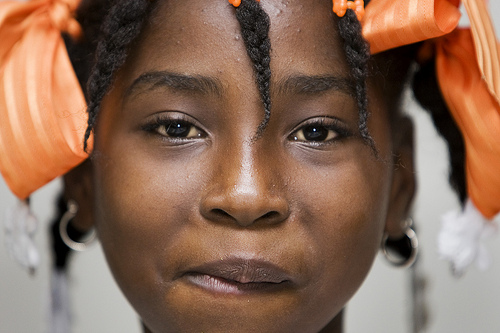14
Mar
March 14, 2013
 Typically, when a new international adoption program is opened, it is introduced as a “pilot program”. Pilot programs are exciting news in the adoption network. MLJ Adoption’s Samoa and Haiti programs are considered pilot programs. A pilot program means that it is new and for the most part, the country and/or the agency have not had many adoptions occurring there previously. Prior to opening a pilot program agencies should fully research the possibility of international adoptions in the country. The more research the better and the less risk involved for families.
Typically, when a new international adoption program is opened, it is introduced as a “pilot program”. Pilot programs are exciting news in the adoption network. MLJ Adoption’s Samoa and Haiti programs are considered pilot programs. A pilot program means that it is new and for the most part, the country and/or the agency have not had many adoptions occurring there previously. Prior to opening a pilot program agencies should fully research the possibility of international adoptions in the country. The more research the better and the less risk involved for families.
What should agencies do prior to opening a new program?
- Research the country’s adoption laws to ensure international adoption is an option for orphaned children in this country
- Locate and train reliable and ethical foreign staff
- Meet with government officials who play key roles in the adoption process
- Investigate whether the agency needs approval to provide adoption services by the adoption authority in the country
- Visit orphanages and determine the causes of why children are orphaned
- Determine if the children in need will qualify for the orphan visa & research the country’s abandonment process to ensure children are considered adoptable in an ethical manner
- Speak with the U.S. State Department & the U.S. Embassy regarding adoptions in this country
- Travel to the country is a must
It takes investment of time and money to determine whether a country can sustain be feasible international adoption program. Typically an agency should spend one to two years in the research phase and should visit the country once or twice prior to opening the program to eligible families.
While there are additional inherent risks to a pilot program, MLJ Adoptions ensures prior to opening a new program that we have minimized these risks as much as possible. Risks are inherent in a pilot program because it is not an established program with children home. It is a test program and the first families to go through the process are testing the waters and blazing the trail for families to follow in their footsteps.
What are possible risks of a pilot program?
- Time frames for the legal process in the host country may be longer than anticipated
- Longer time frames for receiving a referral than initially anticipated
- Longer time frames for USCIS and US Embassy approvals
- Additional paperwork may be requested either by the host government or the U.S. government
- Additional costs not anticipated
It is best to remember that pilot programs are new and as such everyone involved in your adoption process is navigating new waters and trying to determine what is needed to complete the international adoption and to approve the child’s orphan visa. Patience is a must when choosing to adopt through a pilot program and changes must be anticipated. The good news, however, is that a new country has opened its doors to international adoption and the children in need in this new host country now have another option to be placed with a forever loving family.
Photo Credit: United Nations Photo
For more information about MLJ Adoptions’ international adoption programs, please click here.
